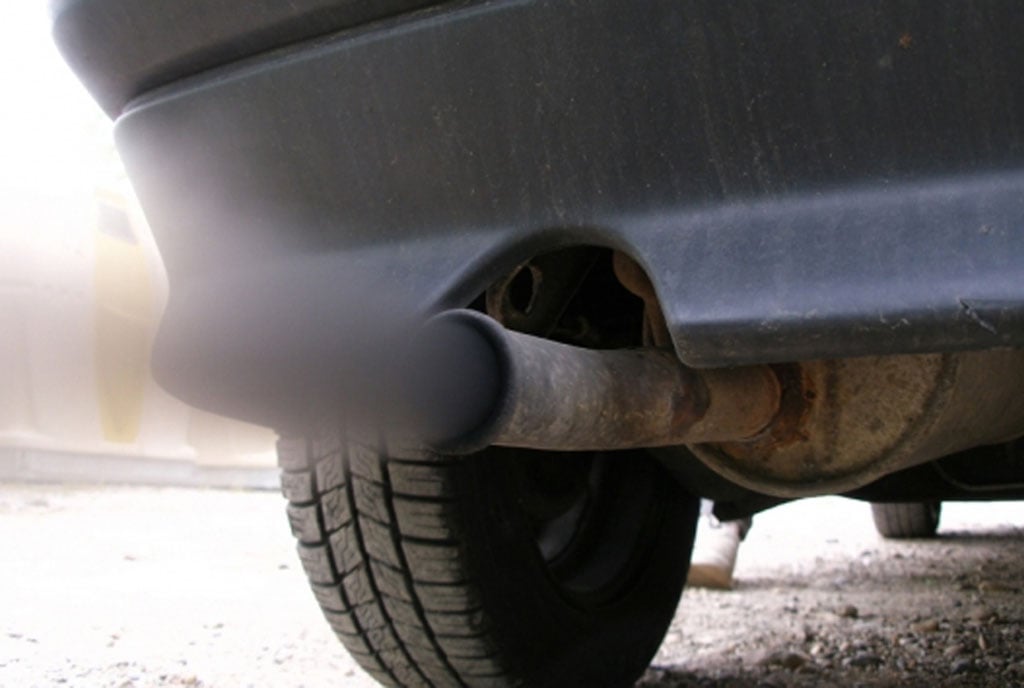
Which aspect of motoring is the most crucial factor in causing harmful exhaust emissions? Is it the size of the engine, the type of fuel it burns, the owner’s maintenance diligence, the driver’s style, road condition, or the traffic volume? Janet.
Hello Janet, the crucial factor here may be the type of fuel an engine burns. When combusting or burning, diesel engines produce higher levels of Nitrogen oxides (NOx) or harmful particulate matter compared to petrol engines.
Whereas car manufacturers have introduced emission trap technology in both diesel and petrol-driven cars (diesel particulate filters (DPF) and catalytic converters (CAT)), some developed countries have issued a deadline for driving vehicles with diesel-powered engines.
Leading petroleum companies have designed and blended diesel fuel detergent additives to mitigate the impact of dirt in the car fuel system to improve efficient burning of diesel fuel, improve fuel economy and reduce harmful emissions. The size of the engine and its maintenance may come next. A bigger diesel engine will produce more harmful emissions.
Today, modern diesel engines have been downsized and fitted with technology such as turbochargers to enhance performance.
Poor maintenance of an engine’s oil or lubrication system, air cleaner and fuel filter can cause higher emission levels due to the engine burning oil caused by leaky piston rings. A dirty air cleaner or diesel filter can drive up emission levels.
Driving style can also play a part in the emission footprint. A sensible driver will avoid unnecessary engine idling during a long traffic stop or aggressive driving both of which produce higher emission levels.

